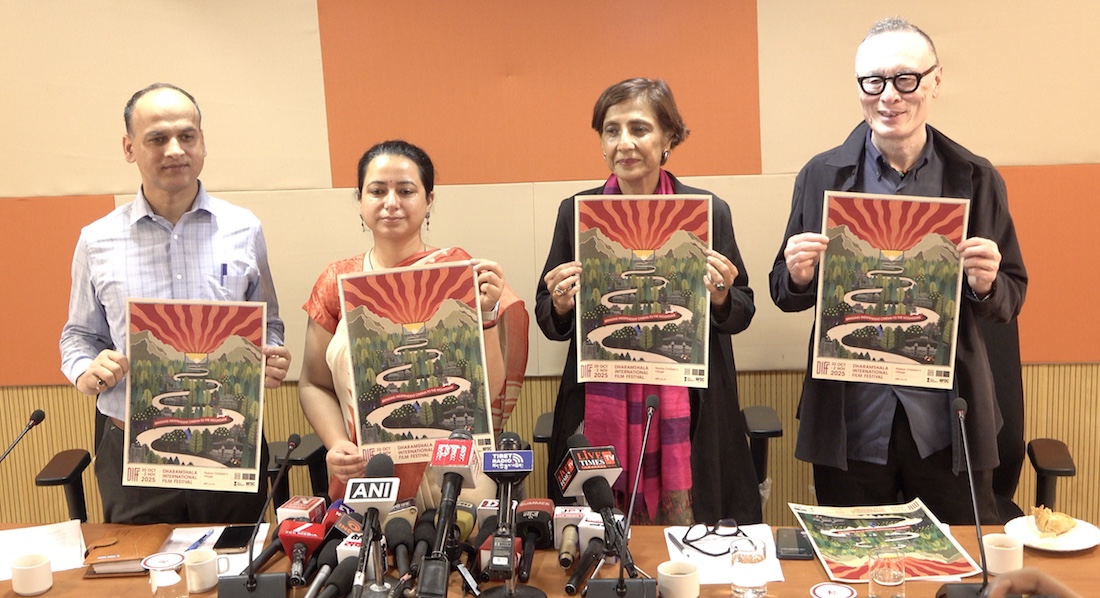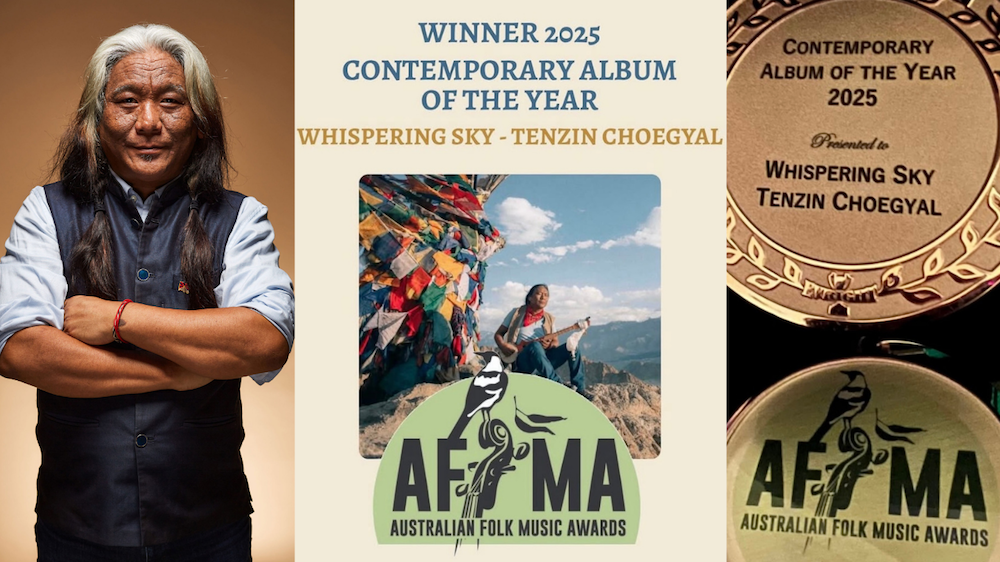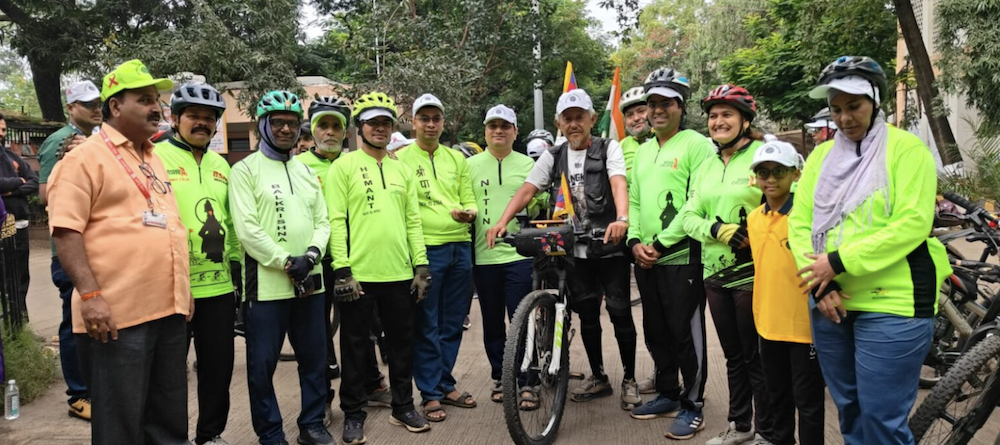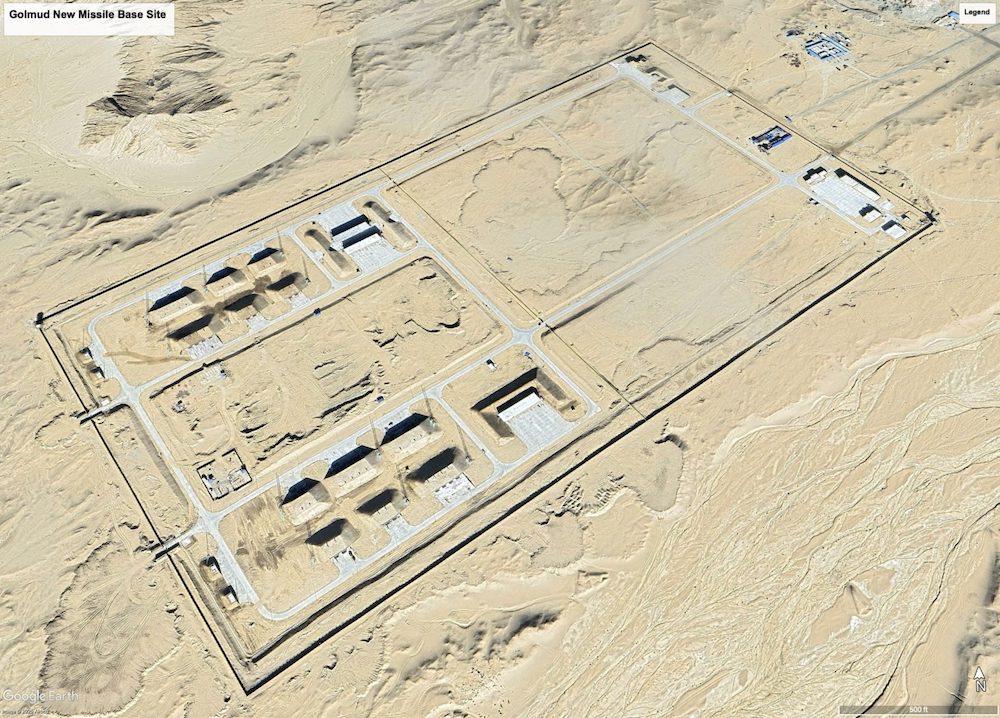Two scholars of Buddhism hash it out in lower Manhattan in a time-honored tradition
By DIMITRI EHRLICH
While his daughter, Uma, was busy battling Lucy Liu with a samurai sword in “Kill Bill” on multiplex screens across the city, Buddhist scholar Robert Thurman engaged in another kind of battle on a recent Saturday night in the Great Hall of Cooper Union. His “opponent” was the Tibetan teacher and author Gehlek Rimpoche, a nephew of the 13th Dalai Lama. The two men engaged in a ritualized debate of the kind Tibetan monks have practiced for 500 years, but this was the first time such an event was held in America.
Unlike Uma’s choreographed blood-fest, which filled Miramax’s coffers, the verbal duel between Thurman and Rimpoche raised funds for Jewel Heart, a nonprofit educational and cultural institute that offers instruction in meditation and offers teachings in the nonviolent philosophy of Tibetan Buddhism.
The debate was a rowdy, uproarious and often hilarious affair, with the two opponents hashing out various arguments central to Buddhist thought. The location itself has quite a long history: As Thurman noted, he was speaking from the same podium where Abraham Lincoln gave a major speech, and where numerous 19th-century presidential debates were held.
Unlike presidential debates, the purpose of Tibetan Buddhist monastic debates is philosophical, not political. “We’re not worried about who’s going to win,” joked Rimpoche at the outset. “We’re not like George Bush.”
The debate involved a complex dance of faux martial gestures, ritualized hand-slapping and finger pointing, and the topics ranged from reincarnation and artificial intelligence to morality. While the fast-paced volley of ideas was probably over the heads of many in the audience of 500 or so people who braved the snowstorm to attend, several exchanges between the debaters provoked squalls of laughter and applause, like when Rimpoche challenged Thurman by asking, “Is morality a question of helping oneself and others, or is it about Monica Lewinsky?”
Physically, Thurman towered over Rimpoche, but verbally, the two fought to a draw. At one point the two men – both former monks – rose to their feet and locked arms like sumo wrestlers, but the exchange was never bitter.
Thurman, a professor at Columbia University, confessed that his own teacher had been reluctant to teach him how to debate, warning him against arrogance and sharp-tongued exchanges.
Rimpoche, who was born in Lhasa, Tibet, received a traditional monastic education before fleeing to India in 1959 with the Dalai Lama, to escape the Chinese invasion. He later became an American citizen.
“This is so wonderful. I wish we had more things like this in our society,” said composer Philip Glass, a longtime supporter of Jewel Heart. He was presented with a white scarf, the traditional symbol of blessing.
Rimpoche, whose first book, “Good Life, Good Death” (Riverhead Books), was published last year, concluded the event by saying, “The point of the debate is that sometimes complicated points can be made clear more easily than in a lecture. The point isn’t whether there’s reincarnation, it’s that whatever we do today can make a difference to our future.”
With that, the crowd shuffled back into the snow, and debated amongst themselves.









